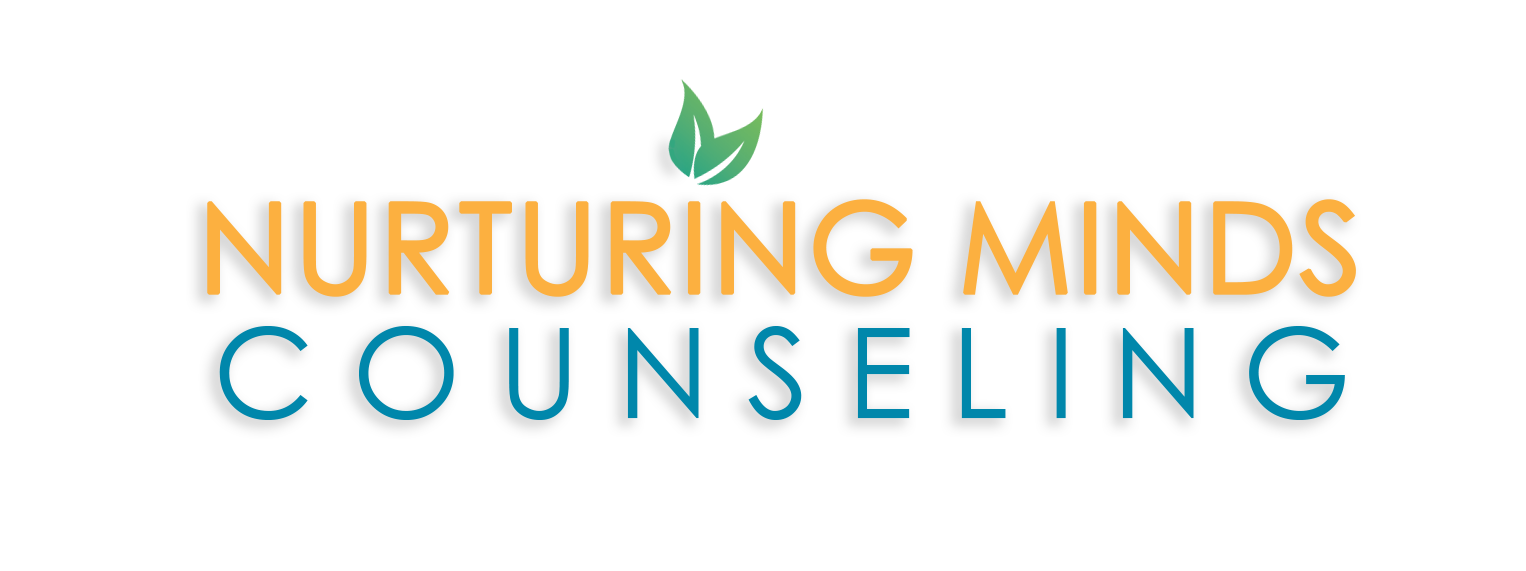I recently saw the movie The Croods: A New Age, which was both cute and funny. I’m typically not a fan of seeing sequels if I haven’t seen the first one, but you make sacrifices for your loved ones. Of course, I then had to go home and watch the first movie: The Croods. While I was watching, it struck me how similar the depiction of the dad “Grug” is to our ancestors. Grug is an anxious, overprotective dad who is always on the lookout for what can kill him/his family. To give you a sense of who he is, one of his mottos is “New is always bad, never not be afraid!” Why does it even matter how similar he is to our ancestors?
Well, if you’re someone who struggles with anxiety, particularly anxious thoughts, you have Grug to thank for that. Okay, I’m going to get geeky here, but I often tell clients that our minds have evolved to be hyperaware of any danger to keep us safe/alive from an evolutionary perspective. At the beginning of the movie, a montage shows how the other families died off from various causes. The Croods survived in part to Grug’s anxious nature. So, in essence, it paid off to be more of a worrier wart; it literally kept him and his family alive.
I often give the following example, imagine in prehistoric times, there are two different kinds of cavemen: Grug and Bob. Grug is the more fearful of the two, whereas Bob is more of a mellow type. Every day, both cavemen go outside of their cave and scan the environment to see if they can go hunting. When they both see a shadow in the distance, Grug assumes it’s a big scary bear and decides to go back into his cave. On the other hand, Mellow Bob believes it’s a bush, and he decides to go out hunting. Here’s the thing, Mellow Bob is right 99% of the time, whereas Anxious Grug is wrong 99% of the time. But that 1% of the time when Grug is correct is vital. He scans the environment, sees a shadow, assumes correctly it’s a bear and stays in his cave to live another day. Mellow Bob, who’s been right most of the time, goes outside, scans, sees the shadow, still assumes it’s a bush, and goes out hunting. When he’s wrong, that tiny 1% of the time, he is mauled by the bear, never to be seen again (RIP Mellow Bob). Again, why is that important?
That means that from an evolutionary perspective, the Grug’s of the world were the ones who survived. They passed on their genes, particularly their propensity to scan the world for danger, which has evolved into our current day brains. Your mind tends to continually be on the lookout for trouble because it helped keep our ancestors alive (and thank God for that).
Like Grug, it doesn’t mean your mind is always right (it’s often wrong), and nowadays (thankfully), most of us aren’t in these constant life/death situations like the Croods. But our mind still assesses specific non-life/death situations as threatening, which triggers our fight-flight-freeze response. Even more so if we’re not aware that our minds can be wrong and takes everything it says at face value.
Here’s one tool that you can start using now to help:
- When you notice your mind has assessed something as a threat (potentially jumping to the worst-case scenario), you can remind yourself that this is just your mind doing its job. Although again, it doesn’t always get it right.
- You can then simply say, “Thank you, mind for that story. I know you’re just trying to protect me here.”
- Once you’ve thanked your mind, you can decide what makes the most sense to do with your actions, knowing that your mind might not be right/helpful to listen to right now.
So next time you notice you’re having anxious thoughts, you can visualize Grug and remind yourself that there’s some evolution going on here. Just like Grug, who is persistent but sometimes annoying in trying to keep his family alive, you can remind yourself your mind is doing the same. And if you haven’t seen the movie yet, I encourage you to watch The Croods, at least the opening scene for a chuckle.
